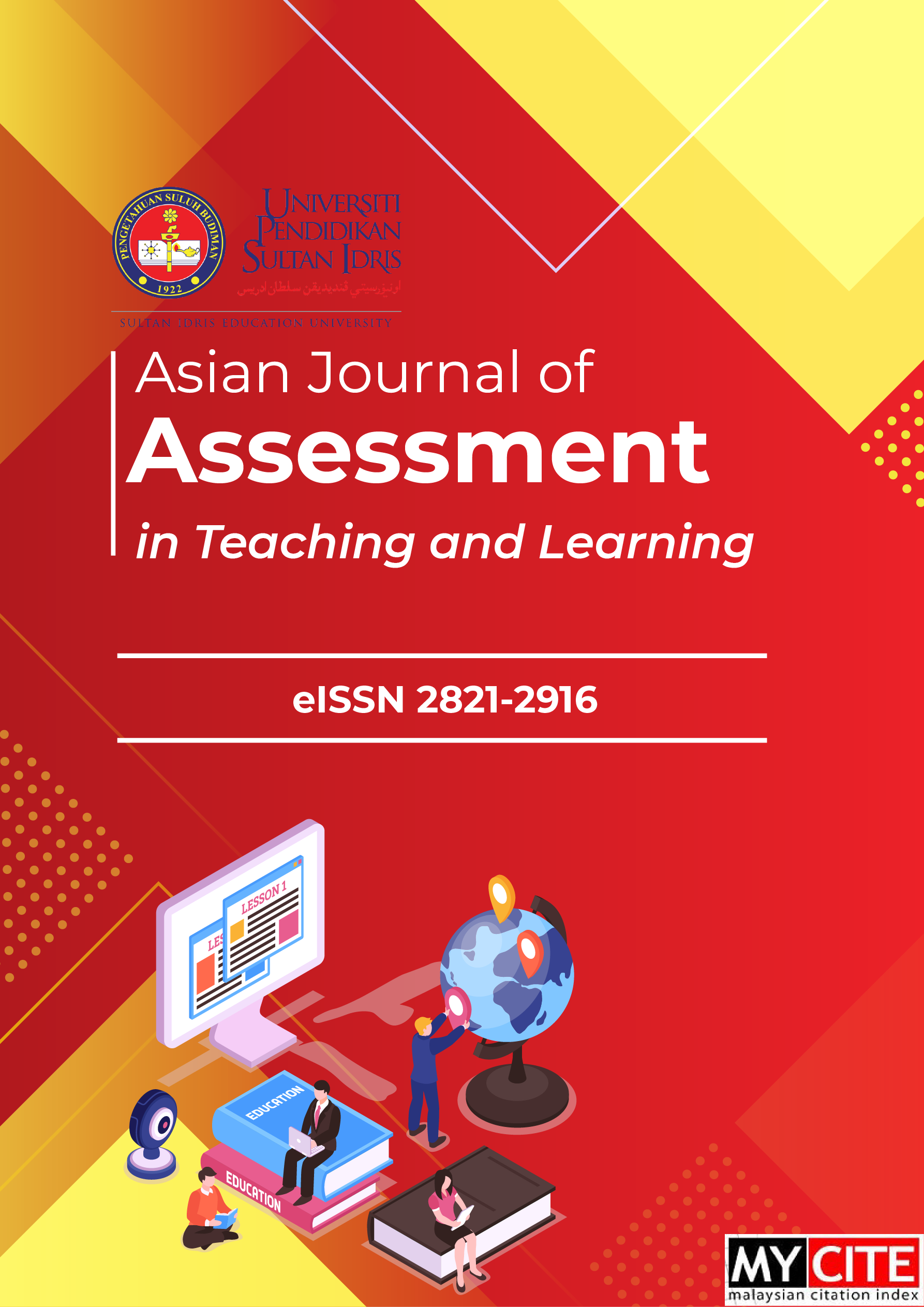An Investigation of Thai Learners Needs for English Language Use for Speaking at the Workplace
DOI:
https://doi.org/10.37134/ajatel.vol13.1.4.2023Keywords:
need analysis, speaking abilities, tourism, service studentAbstract
The need analysis of spoken communication for Thai people who use language proficiency are various. This study's research question analyzes students' needs and challenges regarding tourism and services. Hence, data samples were collected from Thai students studying tourism and related programs. The data collection method was performed by distributing questionnaires to students on the needs and challenges of speaking. The quantitative data analysis employed descriptive statistics, while the qualitative data used thematic analysis. The importance of this study lies in the result that learners need and the challenge their speaking abilities in a working environment. Furthermore, the learning purpose must meet the needs of their future career. In conclusion, the staff must provide information related to their work. However, the various English accents and pronunciations is not practical for the students' comprehension.
Downloads
References
Abrar‐Ul‐Hassan, S., & Fazel, I. (2018). English for specific purposes. The TESOL Encyclopedia of English Language Teaching, 1-14. https://doi.org: 10.1002/9781118784235.eelt0661
Basturkmen, H. (2010). Developing courses in English for specific purposes. Springer.
Basturkmen, H. (2014). Ideas and options in English for specific purposes. Routledge.
Chumphong, O., & Chuai-in, P. (2020). The use of English language in tourism workplaces in Pakmeng beach area, Trang province. ABAC ODI Journal Vision. Action. Outcome, 7(1), 132.
Brown, J. D. (2016). Introducing needs analysis and English for specific purposes. Routledge.
Colomar, M. P. A. (2014). A classroom-based assessment method to test speaking skills in English for specific purposes. Language Learning in Higher Education, 4(1), 9-26.
Hartina, S., & Syahrir, S. (2021). The inappropriateness of English for specific purposes (ESP) with learner’s goals: A need analysis on communication and Islamic broadcasting program . Elsya : Journal of English Language Studies, 3(3), 225-235. https://doi.org/10.31849/elsya.v3i3.6671
Hiranburana, K. (2017). Use of English in the Thai workplace. Kasetsart Journal of Social Sciences, 38(1), 31-38.
Huhta, M., Vogt, K., Johnson, E., Tulkki, H., & Hall, D. R. (Eds.) (2013). Needs analysis for language course design: a holistic approach to ESP. Cambridge University Press.
Hutchinson, T., & Waters, A. (1987). English for specific purposes: A learner-centered approach.Cambridge University Press.
Jendrych, E. (2013). Developments in ESP teaching. Studies in Logic, Grammar and Rhetoric, 34(1), 43-58. https://doi.org/10.2478/slgr-2013-0022
Kaewkunha, S. (2021). Needs analysis of the English language for Thai employees in service industry in Thailand. [Unpublished master’s thesis ]. Mahasarakham University.
Laosrirattanachai, P. , & Ruangjaroon, S. . (2021). Corpus-based creation of tourism, hotel, and airline business word lists. LEARN Journal: Language Education and Acquisition Research Network, 14(1), 50–86. https://doi.org/index.php/LEARN/article/view/248677
Lebnark, S. (2018). A Study of attitudes toward the English speaking ability of students in the hotel industry sector [Unpublished master’s independent study]. Thammasat University.
Namtapi, I. (2022). Needs Analysis of English for specific purposes for tourism personnel in Ayutthaya. LEARN Journal: Language Education and Acquisition Research Network, 15(1), 409–439. https://doi.org/index.php/LEARN/article/view/256730
Paltridge, B., & Starfield, S. (Eds.). (2014). The handbook of English for specific purposes. John Wiley & Sons.
Rachmawati, D. L., Hastari, S., & Dwiharto, J. (2021). Need analysis to create a better instruction
and material for ESP management students. IJECA (International Journal of Education and Curriculum Application), 4(3), 283-297. http://doi.org/0000-0002-2438-3195
Richards, J. C. (2001). Curriculum development in language teaching. Cambridge University Press.
Saussure, L. & Rocci, A. (2016). Verbal communication. An introduction. In A. Rocci & L. Saussure (Ed.), Verbal communication (pp. 3-20).De Gruyter Mouton. https://doi.org/10.1515/9783110255478-002
Sittitoon, N., & Rimkeeratikul, S. (2019). Need analysis in English for hotel settings: A case study of Business English student trainees. In Board of 8 th LITU International Graduate Conference (p. 172).
Tomlinson, B. (Ed.). (2003). Developing materials for language teaching. A&C Black.
Viana, V., Bocorny, A., & Sarmento, S. (2018). Teaching English for specific purposes. TESOL Press.
Wharton, T. (2009). Pragmatics and non-verbal communication. Cambridge University Press.
Downloads
Published
Issue
Section
License
Copyright (c) 2023 Anumat Yusoff, Rohaya Abullah , Shaik Abdul Malik Mohamed Ismail, Anis Shaari

This work is licensed under a Creative Commons Attribution-NonCommercial-ShareAlike 4.0 International License.





